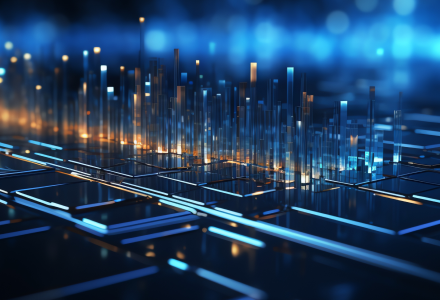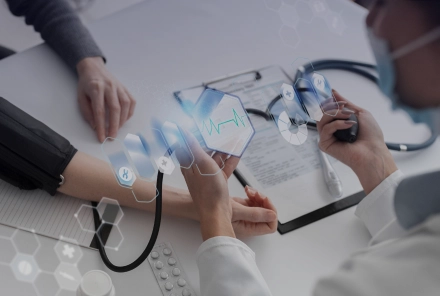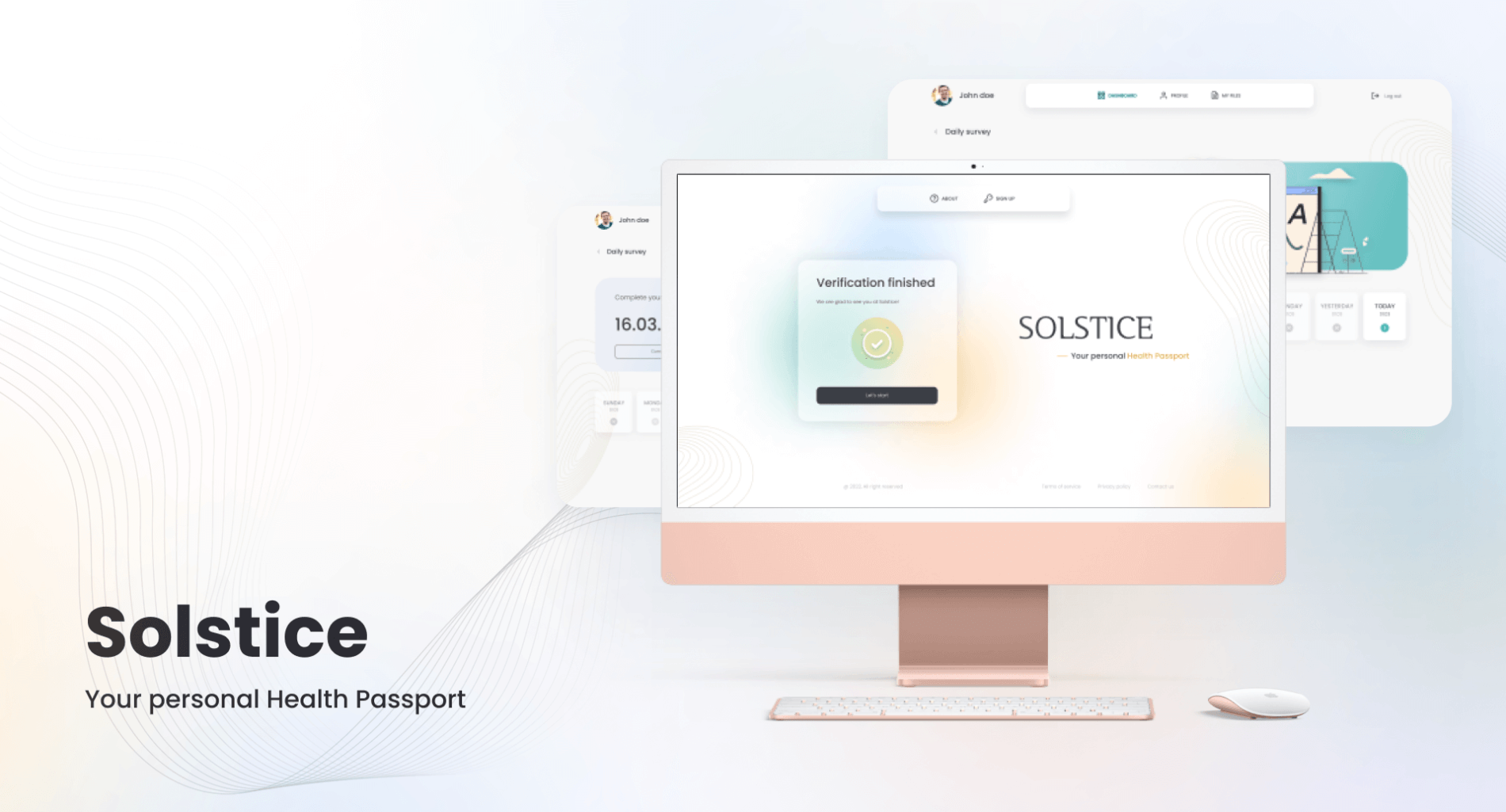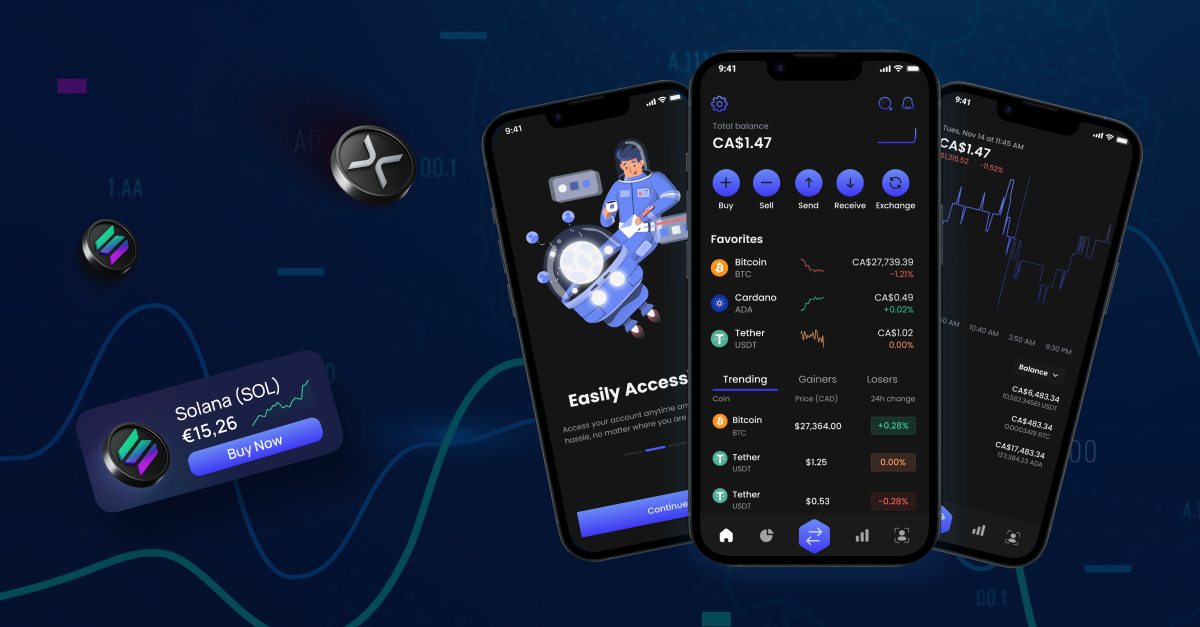Traditional artificial intelligence (AI) models are centralized and controlled by a group of large corporations, raising concerns regarding data privacy and security, accessibility, and transparency in decision-making processes. However, with the widespread adoption and constant evolution of blockchain technology, it has become possible to build a decentralized AI system, thus addressing the limitations of conventional AI models.
 $2,575.16 billion
$2,575.16 billion
The global artificial intelligence (AI) market size is expected to reach $2,575.16 billion by 2032.
 $973.6 million
$973.6 million
Blockchain artificial intelligence market size is expected to hit $973.6 million in 2027.
 $187.95 billion
$187.95 billion
The global AI in healthcare market size is forecasted to exceed around $187.95 billion by 2030.
What is Decentralized AI?
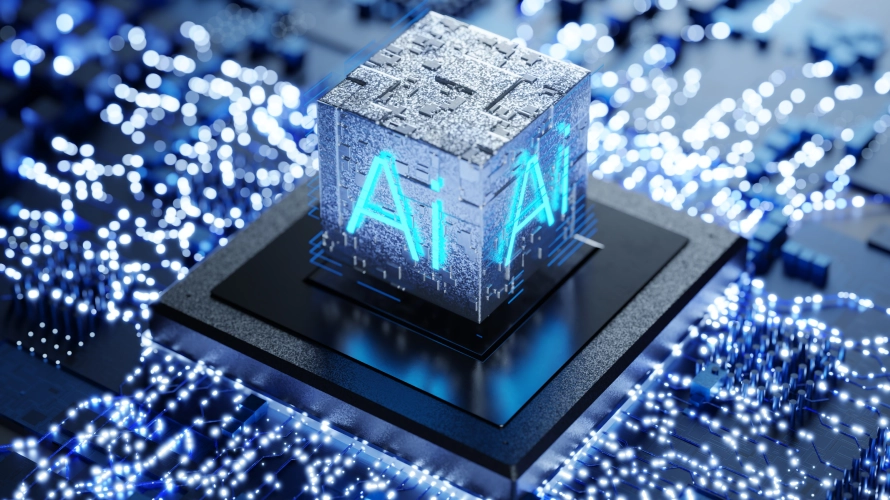
Decentralized artificial intelligence (DAI) integrates blockchain technology to process, distribute, and store data across a network of nodes. In DAI systems, decision-making processes are decentralized and rely on consensus among numerous nodes rather than a single central authority.
Blockchain technology enhances the transparency, security, and trustworthiness of DAI systems in comparison with traditional AI systems. Additionally, users can utilize AI and process data without compromising privacy and transferring control of their data to a centralized authority.
Furthermore, AI systems mitigate the risks of system corruption, hacks, and manipulation often associated with centralized AI models, thereby fostering resilience against malicious actors and ensuring the integrity of AI processes.
Core Components of DAI
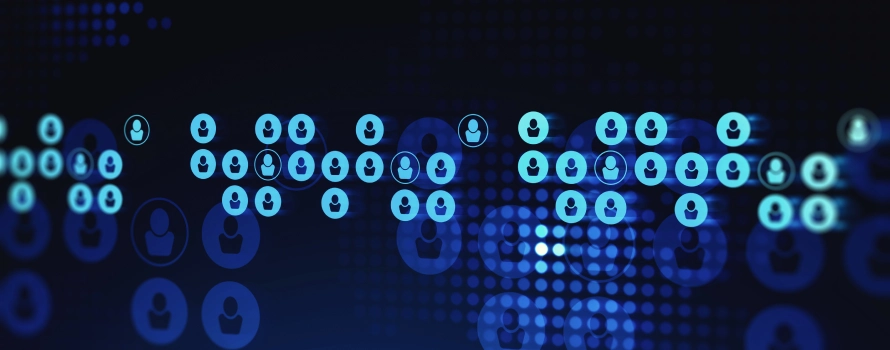
DAI systems are created using several core components, including AI platforms or decentralized apps (dApps), smart contracts, blockchain technology, federated learning, adversarial neural cryptography, homomorphic encryption, and secure multi-party computations.
Blockchain allows AI developers to distribute pre-built machine learning (ML) models to users’ devices. These devices can then act as autonomous agents performing AI inference tasks locally, as an independent entity, or as part of a coordinated federated network.
Similarly, homomorphic encryption and federated learning help maintain the privacy of data processing on the users’ devices, preventing unauthorized access by third parties.
6 Benefits of Decentralized AI
-
Security
In traditional centralized AI models, data is stored in one place. In contrast, in DAI, the data is distributed across the network, minimizing the risk of unauthorized access and single points of failure.
Blockchain development provides an immutable and secure way of storing data and model updates. The technology enhances the system’s trustworthiness and significantly reduces the risk of data manipulation.
-
Collaboration
Rather than storing AI models and data in individual units, DAI allows data sharing across the network. This enables the models to be trained collaboratively, using multiple databases to create more widely applicable models.
Decentralized DAI also facilitates open-source AI model development, which allows developers and researchers from different companies to contribute to the system’s improvement and refinement.
-
Scalability
DAI offers improved scalability compared to traditional AI systems. By leveraging a network of connected nodes, DAI can adapt and expand on demand, processing tasks in parallel to increase overall capacity while ensuring high security and performance.
-
Privacy
Blockchain’s decentralized nature enhances privacy protection in DAI, reducing the risk of breaches in the AI network. Local processing and distributed data storage minimize the concentration of sensitive information in one location, enhancing security.
-
Inclusivity
DAI provides users with permissionless and composable access, promoting inclusivity and fairness. Individuals and small companies can also participate in artificial intelligence development and decision-making, building innovation and collaboration.
-
Outcomes
The DAI network uses diverse data inputs to reduce bias and produce fair and balanced AI-driven outputs. In addition, by leveraging zero-knowledge proofs and cryptographic verification, the network can produce tamper-proof and immutable AI model outputs.
Resource sharing and peer-to-peer interactions introduce new possibilities for AI development and accelerate the process.
Get in touch with our experts and learn how artificial intelligence can benefit your business!
Let's talkPotential Use Cases of Decentralized AI
Healthcare
DAI has the potential to revolutionize the healthcare industry and healthcare app development, enhancing the security of health data and improving the treatment process. DAI can significantly improve and accelerate the diagnosis and disease detection process, ensuring more accurate results and treatment plans.
By analyzing large amounts of medical data in real-time, DAI contributes to early diagnosis and continuity of care. Algorithms can analyze patients’ symptoms and conditions, identify patterns and irregularities, and provide insights about their health.
Additionally, blockchain technology ensures secure storage and easy and fast access to patients’ medical records and other medical documents, such as lab results, scans, etc.
Financial Services
DAI fosters trust in the financial and banking industry by simplifying multi-party transactions and improving their accuracy and speed. For instance, DAI can streamline the loan process by storing loan applicant records digitally on the blockchain, facilitating due diligence for banks. This technology enhances the customer experience by ensuring data security, expediting records evaluation, and automating processing.
Supply Chain
With the help of blockchain, logistic companies digitalize previously paper-based processes and automate their everyday operations, such as transaction execution. This enables seamless data access and sharing among stakeholders. DAI also enhances tracking capabilities for shipment status, place of origin, and carbon emissions, among other data points.
Metaverse
DAI can help develop a fully decentralized and autonomous Metaverse. A decentralized AI system will allow users to interact and conduct transactions in a virtual environment free from centralized control and censorship. The technology can also be used to create decentralized blockchain-powered platforms for content creation in the Metaverse, allowing users to monetize their work without intermediaries.
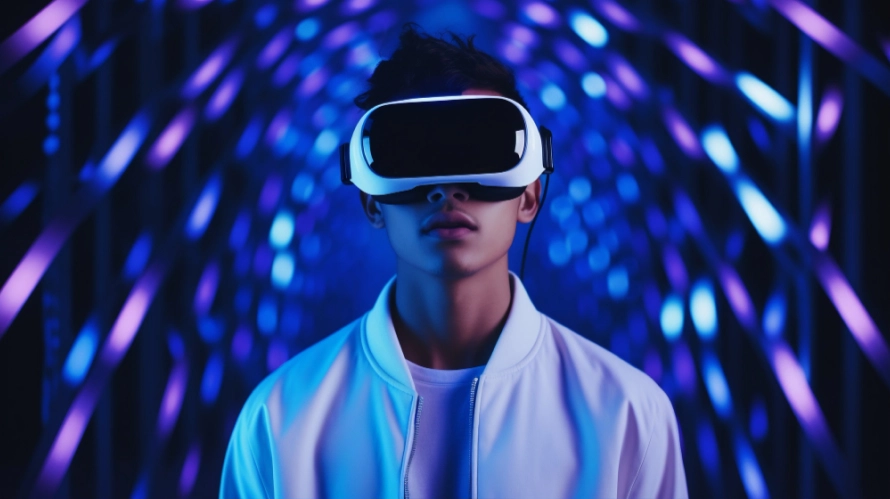
How Can Interexy Help?
As an experienced custom software development company, Interexy is always on the lookout for the newest development and technology trends in the market. With extensive expertise in blockchain, healthcare, FinTech, and other domains, we can build your product from scratch or empower it with technologies like AI, ML, AR/VR, etc.
Our team of highly experienced developers is skilled in artificial intelligence development and implementation, machine learning, and ChatGPT development, and is ready to turn your idea into a reality.
Contact us and get a team of AI developers on board within 10 business days!
Get in touchFinal Thoughts
DAI promises to revolutionize the world of centralized technologies. By accelerating innovation, enhancing collective intelligence, and facilitating self-improvement, DAI strives to increase transparency, improve security, and prevent data manipulation.
As we continue to explore the synergy between blockchain and AI, we anticipate the emergence of a new era of autonomous and intelligent technologies. The journey towards a decentralized future is ongoing, and the convergence of blockchain and AI promises to shape the landscape of tomorrow’s technological advancements.
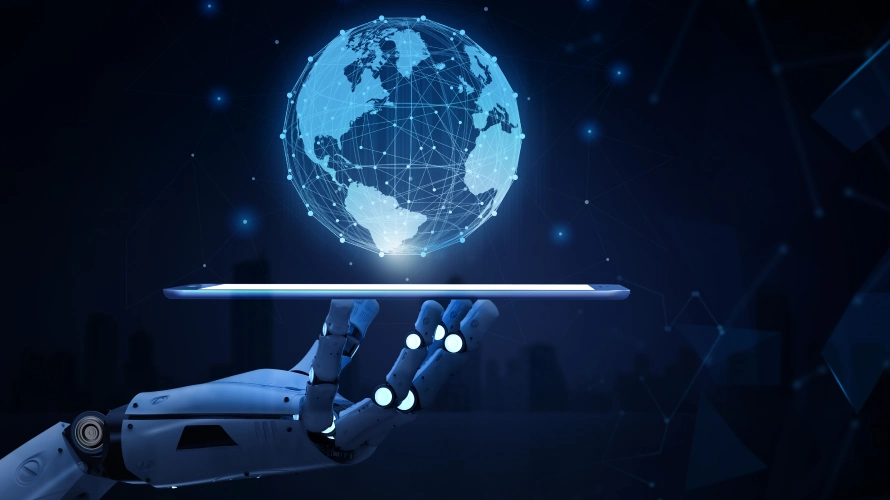
FAQs on Decentralized AI
-
What does decentralized artificial intelligence (DAI) mean?
Decentralized Artificial Intelligence (DAI) refers to a system where AI processes, data storage, and decision-making occur across multiple nodes instead of relying on a centralized authority. By leveraging blockchain technology, decentralized AI platforms enhance transparency, security, and trust. Unlike traditional AI systems, which depend on a single server or entity, a decentralized AI system distributes workloads, thus ensuring resilience and reducing the risk of single points of failure.
-
What is Centralized vs. Decentralized AI?
Centralized AI operates under a single authority or server, where data storage, processing, and decision-making are controlled by a central entity. This approach is efficient for specific use cases but raises concerns about data privacy, security vulnerabilities, and reliance on large corporations.
In contrast, Decentralized AI uses a distributed network of nodes, often powered by blockchain technology, to perform the same tasks. This decentralized AI system enhances data security by removing single points of failure and improving privacy through encryption and distributed storage. Additionally, AI decentralization promotes inclusivity by allowing broader participation in model development and decision-making, reducing the monopolistic control seen in centralized systems.
-
What are the benefits and importance of decentralizing AI?
Decentralized AI offers several benefits over traditional AI models. First of all, it improves data security and privacy by distributing information across a blockchain network, ensuring that sensitive data isn’t stored in a single location. Scalability is another advantage, as the system can efficiently handle growing datasets and computational demands.
By decentralizing AI processes, this technology also fosters collaboration, allowing participants to contribute to the development and improvement of models. Furthermore, decentralized artificial intelligence democratizes access, enabling smaller organizations and individuals to benefit from AI without depending on large corporations or centralized
-
What problems does decentralized artificial intelligence address?
Decentralized AI systems address key challenges in traditional AI, particularly related to data privacy, security, and inclusivity. Through blockchain, DAI prevents unauthorized data access and mitigates the risks associated with centralized data monetization practices.
Additionally, AI decentralization reduces the dominance of tech giants, making decentralized AI platforms more accessible to a wider audience. This fosters a collaborative ecosystem where multiple stakeholders can contribute to the development of AI models. DAI also promotes trust and fairness in AI applications, ensuring decisions are transparent and free from monopolistic control.


